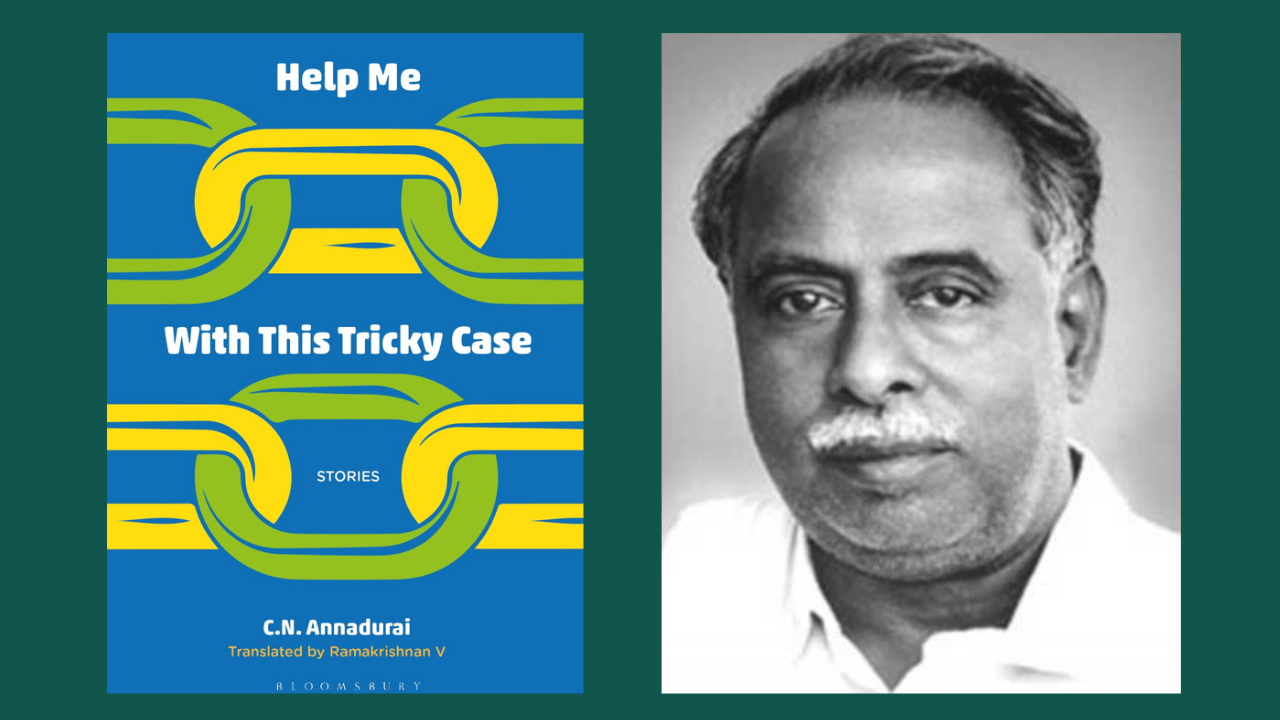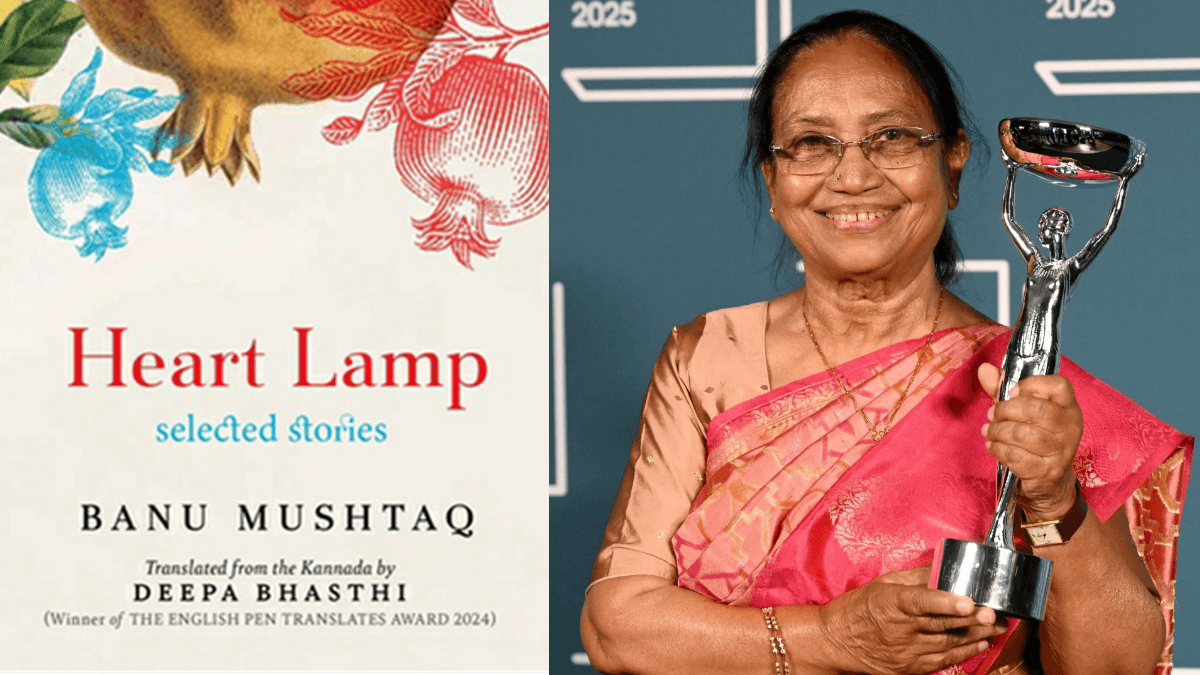Help Me With This Tricky Case carries forward the momentum of unmatched wit and wisdom of author C.N. Annadurai and that’s all there is to it. It’s definitely an enjoyable collection of stories that boast the not much seen side of an already widely celebrated person – the first chief minister of Tamil Nadu and a widely admired orator, playwright and scriptwriter, Arignar Anna has been acknowledged widely for his wide scholarship and his wisdom. Both DMK and AIADMK hold him in high regard as their ideological leader and he has been influential in fighting against the imposition of Hindi in Tamil Nadu, retaining English as the only associate language for education in the State, and legalising self-respect marriages.
C.N. Annadurai weaves stories within a wide spectrum of themes and subjects, ranging from widow remarriage to communism to rationalism to the law and critique of Brahminical oppression. There is no doubt that these brilliantly written stories give us a glimpse into the sharp wit and humour of Annadurai. The protagonists in most of these stories are people from the lower castes, and the author raises a finger at those in power questioning the nature of the things.
The translator, Ramakrishnan V. cities in the introduction to the collection that Annadurai’s work is where the contemporary branches of Dravidian ideology converge. The translator is known for translating stories from writers who appeared in the anthology of Dalit short stories In Defiance. In this collection, the stories also range from ‘a magistrate known for his integrity seeks his friend’s help to deliver judgement on a tricky case‘ to ‘a middle-aged shopkeeper earns pungent rebukes from a variety of sources including his young wife‘ to ‘a couple of minor gods seek the help of the powerful Sun god. Chellappa’s good intentions and Charubala’s social work yield comically undesirable results.‘
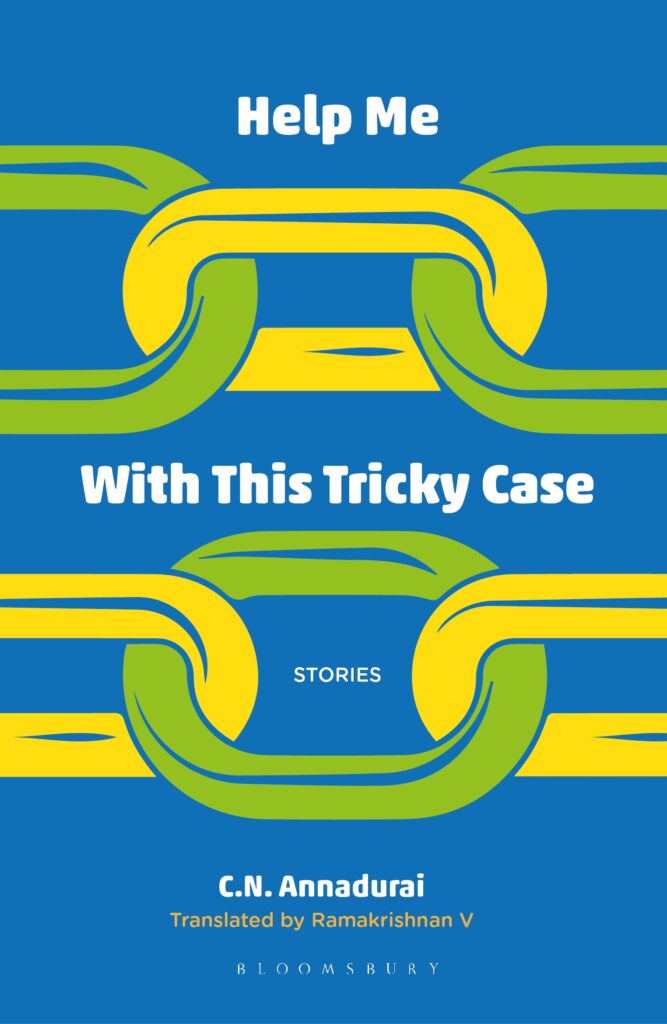
C.N. Annadurai weaves stories within a wide spectrum of themes and subjects, ranging from widow remarriage to communism to rationalism to the law and critique of Brahminical oppression. There is no doubt that these brilliantly written stories give us a glimpse into the sharp wit and humour of Annadurai. The protagonists in most of these stories are people from the lower castes, and the author raises a finger at those in power questioning the nature of the things. At the same time, there is not much heed paid to religion, signalling that praying, after all, is not going to change a lot.
A nearly perfect introduction to non-Tamil readers
While a lot can be written about the different styles of experimentation, forms of inspiration from Western story writing, varied ways of using the forms, when to use transliteration instead of translation and the complexity of translating Tamil into English when a lot of what is being said is situated in a specific cultural context, this review is more focussed on the array of social issues that come to light through the series of short stories. From a literature point of view, readers should definitely read more into the aspects mentioned by the translator in the translator’s note as well. For now, we shall take a deep dive into the many many issues that have been explored in the collection through a feminist perspective.
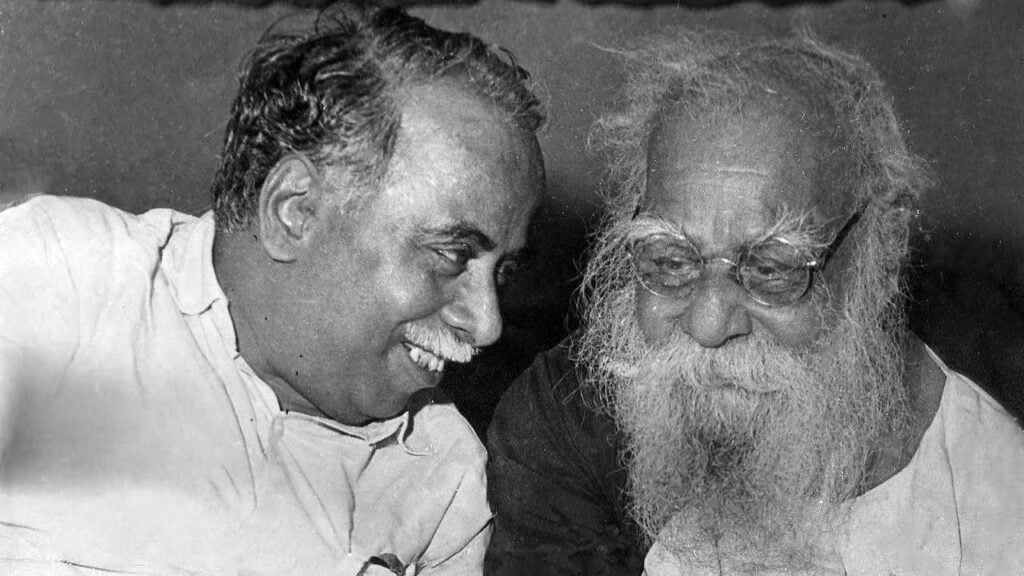
There are some merits. For instance, Karthik Keramalu finds the comedy aspect of the stories a strong point, further adding, ‘Anna’s strength lies in extracting humour from the helplessness of his characters without lowering the bar by punching down.‘
The opening story Cock-a-doodle-doo is about a boastful editor of a magazine where we soon learn that all the claims have been false and the editor has been booked a seat in the mental hospital after losing all his mental capacities over heavy losses that the magazine incurred. The story, originally titled Kockaracko, was the author’s first story, published in Ananda Vikatan in 1934.
Asking The Right Questions On Social Narratives
The second story titled Help Me with This Tricky Case follows a magistrate who is confused about how to go on delivering justice to what he describes as an “honest thief.” This is a short story which raises many questions – the prime of which is what to do when poverty pushes people into crime.
If there is punishment for crimes, why is there no reward for good deeds? Is our legal system competent enough to deliver justice if a magistrate is asking for help from others around him? And lastly, from a legal perspective when there is a need to deliver a verdict, do we locate the fault in the individual or in the system? None of these questions are answered, they are just put out there for us as the audience to decipher and make sense of them.
If there is punishment for crimes, why is there no reward for good deeds? Is our legal system competent enough to deliver justice if a magistrate is asking for help from others around him? And lastly, from a legal perspective when there is a need to deliver a verdict, do we locate the fault in the individual or in the system? None of these questions are answered, they are just put out there for us as the audience to decipher and make sense of them.
The story also makes a point towards asking if Hanuman’s act of burning the Lanka counts as justice. As a short story, it’s difficult for readers to go beyond the surface-level questions. However, thanks to such questions being a running theme throughout the collection, it is easier to think more profoundly of them. One way to introspect these questions is to look deeper into the ideas of justice, crime and morality.
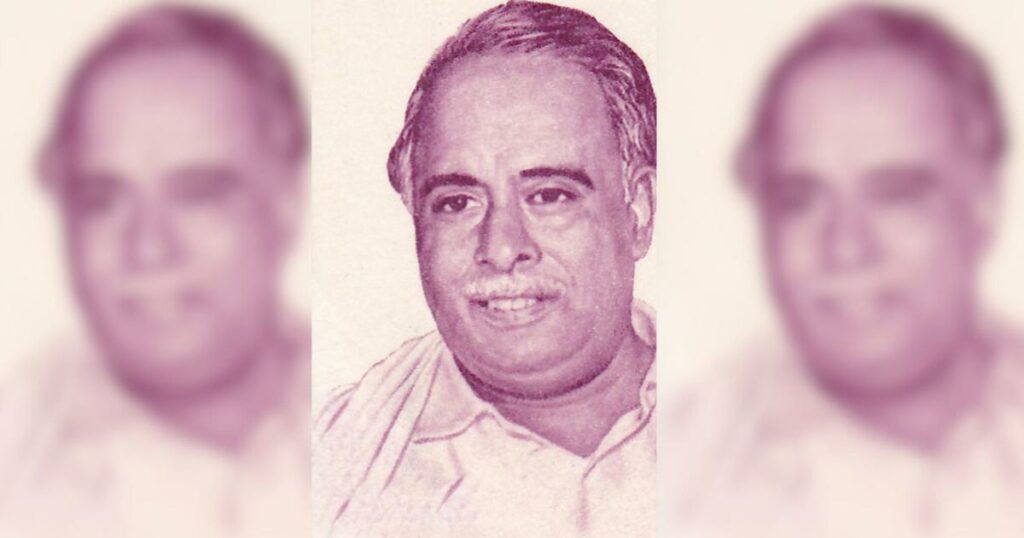
Natalie Wynn has done a fantastic video essay titled Justice asking the same larger questions that arise from these everyday incidents. Another story which adds to a similar theme is In The Name of God, which follows a tale of two lovers from different castes meeting an unfortunate fate. The story revolves around the cold-blooded murder of Kamalam and the accusation put against her lover Karuppan. There’s no moment of suspense to the story as it’s quickly revealed within a few pages that she was murdered for breaching the caste borders and not by her lover but someone else. The question it raises is how everyone takes an oath in the name of God to not lie. Yet, God, who remains frozen as a stone has no answer or dare make an intervention.
The last story of the collection Red Bananas strikes at the small joys and the class differences. We meet Senkodan, whose red banana plant is as precious as a new car, diamond earrings, or a radio, none of which they have. Since he worked on the red banana plant outside his work hours, he wasn’t compelled to give away three-fourths of the share to any landlord. This was hard work and labour, which he owned completely. His and his children’s dreams are shattered when the landlord asks for the bananas as required for the celebration of the landlord’s daughter-in-law’s birthday.
As the story progresses, we see the bananas ending up in a shop which the children cannot afford and finally the gut punch arrives when Senkodan takes the red banana stem for making the bier for the funeral procession of an old lady who passed away. Simple in its approach, it delves into the world of the class, caste and labour divide, exposing how much ownership or access the downtrodden have for the very things they created in the first place.
Verdict
Across the 22 short stories, Help Me With This Tricky Case is a deep dive into a particular cultural context. And while there is timely humour within these tales, often mocking the power structures of our society, there’s no satisfactory answer to any of them. All that stays at the end is an endless array of questions at multiple levels about how the cruel world works. It is rather questionable if the collection adds anything if at all to an already towering political personality.
While full of substance and a neat introduction to non-Tamil readers, C.N. Annadurai’s collection of short stories Help Me With This Tricky Case is a decent interrogation into social evils set in the Tamil Nadu context. It doesn’t hold up well as a literary work of art as it holds an area of interest into the process behind the details of translation across cultures.
